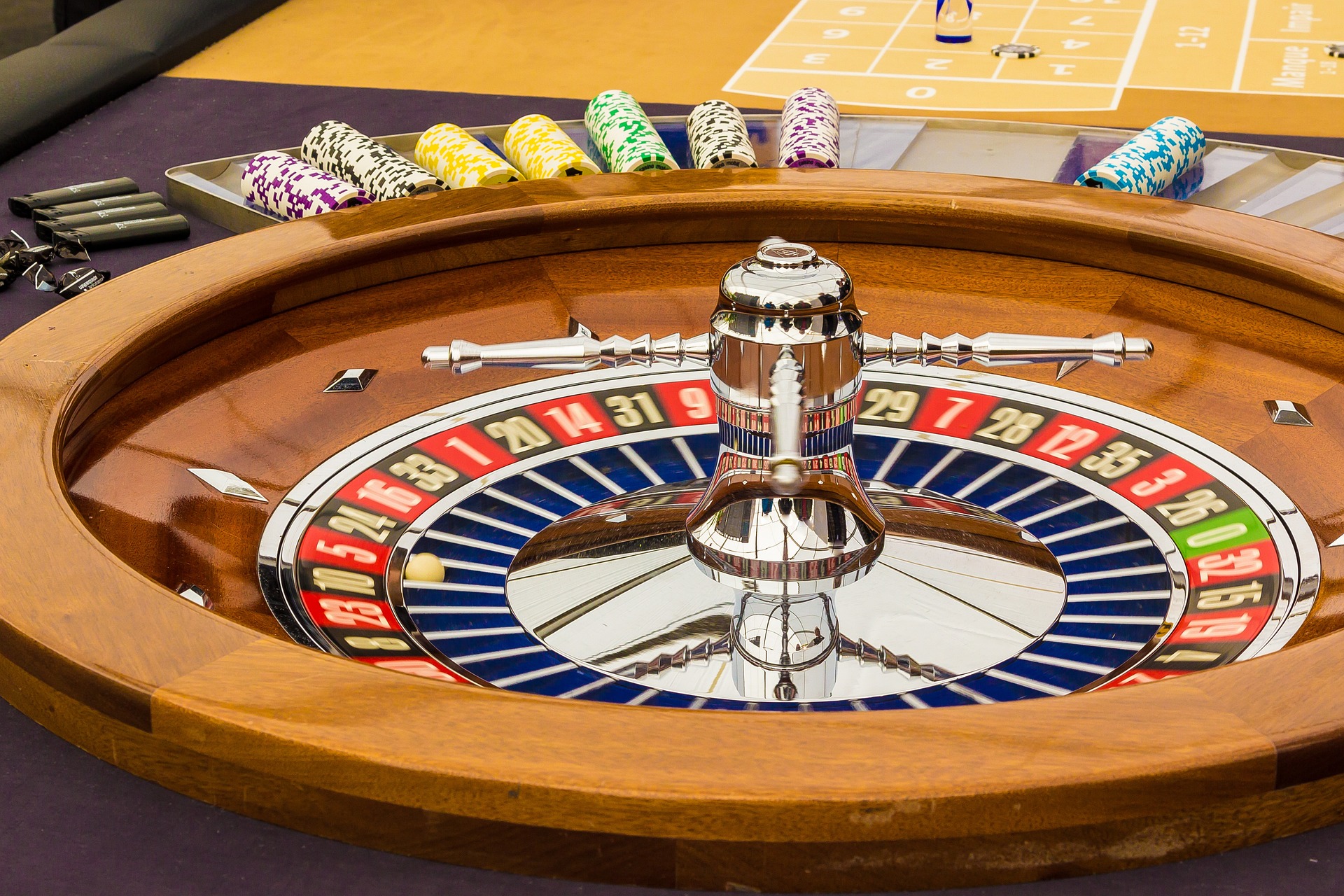
When we think of gambling activities, the initial pictures that frequently come to mind are those of rotating roulette devices, card tokens clinking on felt surfaces, and cubes rolling across a betting surface. While numerous consider these activities as simple hobbies fueled by luck, a deeper exploration reveals a captivating blend of tactics, expertise, and community engagement that elevates them far beyond basic luck. Whether you are a seasoned player or a inquisitive newcomer, grasping the subtleties of these games can greatly enhance your enjoyment and appreciation.
Gambling games have developed over hundreds of years, with different cultures contributing to their diverse histories and variations. From the intricate tactics of blackjack to the bluffing tactics in poker, players engage in a contest of wits as much as a risk on odds. This dynamic interplay between luck and expertise creates a exciting atmosphere that draws millions to casinos worldwide. As we delve into the world of table activities, we will reveal the methods that can shift the odds in your advantage and the social aspects that make these games a popular choice for leisure and interaction.
The Approach of Casino Games
Table gaming frequently combine a mix of skill and chance, making them fascinating for players who like a challenge. Every title has its unique set of guidelines and tactics that can influence the results. For instance, in titles like 21, participants are obliged to use strategies like counting cards and grasping the odds to make informed decisions. This skill set can greatly improve their victory potential, differentiating seasoned participants from beginners who may rely solely on luck.
In contrast, titles such as the roulette may appear to be entirely based on luck, but strategic thinking can also play into play. Participants can choose between various betting strategies, such as the Martingale strategy, in which they increase the bets after losses. This method can establish a more controlled approach to the activity. Understanding the odds of specific bets can also help participants make smarter decisions on the table, demonstrating that even games of chance, strategy can enhance the experience.
Additionally, the game of poker is notable as a title that heavily emphasizes strategy. In contrast to most gaming titles, the game of poker combines ability, psychology, and chance. Participants must also concentrate on the cards they are dealt but also take into account their opponents actions and wagering patterns. Mastering principles like table position, the odds of the pot, and interpreting bluffs is essential for winning. This complexity of tactics in poker often creates to a more engaging experience for players, where their decisions and skills greatly impact the match’s results.
Grasping Probability and Ratios
In the world of gambling matches, likelihood and odds play a crucial role in determining a gambler’s possible outcomes. Every game has its own collection of guidelines that define how the probability of succeeding or failing is measured. For instance, in games like 21, players have a chance to influence their ratios through tactics, whereas in games like roulette, the outcomes are purely dictated by chance. Understanding how these chances are measured can significantly impact how a player approaches the game. Tic88
Ratios are typically expressed in two forms: ratio and decimal. Fractional odds indicate the proportion of the sum gained to the amount bet, whereas decimal ratios show the overall payout for a successful bet, which includes the initial bet. For example, if a game has odds of 5 to 1, this implies that for every one unit staked, a player could win five dollars if they win. Knowing how to understand these ratios enables players to evaluate their potential earnings and make more informed decisions during gameplay.
Gamblers should also be conscious of the casino advantage, which is the casino’s inherent benefit over the players. Each match has a different house edge, and grasping this concept is important for handling one’s hopes and budget. Games with a lower house edge, such as 21 and chemin de fer, typically offer superior ratios for players compared to activities like slot machines and keno. By understanding the connection between chance, odds, and the house edge, players can enhance their gambling engagement and plan more effectively.
The Social Aspect of Casino Table Games
Table games at gaming establishments are often seen as a center of social interaction, bringing participants together in a shared experience that goes far past the mere act of playing games. The atmosphere at a blackjack table can be vibrant, with players engaging not only with the game itself but also with one another. Joy, excitement, and, occasionally, playful teasing create connections that enhance the overall experience of the gaming experience. This communal aspect can turn a alone endeavor into a dynamic social event, making casino games particularly appealing.
One of the fascinating elements of table gaming is the way it cultivates friendship among players. Whether it’s collaborating to beat the dealer at a dice table or sharing stories between hands in a poker game, the environment encourages interaction. Participants often share tips or strategies, creating a sense of togetherness that boosts the fun. This social dynamic can make new gamblers feel welcomed and less daunted by the competitive nature of gaming. As the game continues, friendships may form, leading to a sense of belonging that keeps participants coming back to the table.
Moreover, the social aspect of table gaming extends outside just the participants. Dealers play a crucial role in facilitating interaction and maintaining the flow of the game. CEO Tic88 Their ability to engage players with friendly conversation and their expertise in managing the table can create an welcoming atmosphere. This relationship between players and staff adds another layer of enjoyment, where gamblers feel connected not only to each other but also to the staff. Such interactions are often what make the experience unforgettable, as players leave with tales to tell and connections made, reinforcing the notion that table games are truly about something greater than luck.
